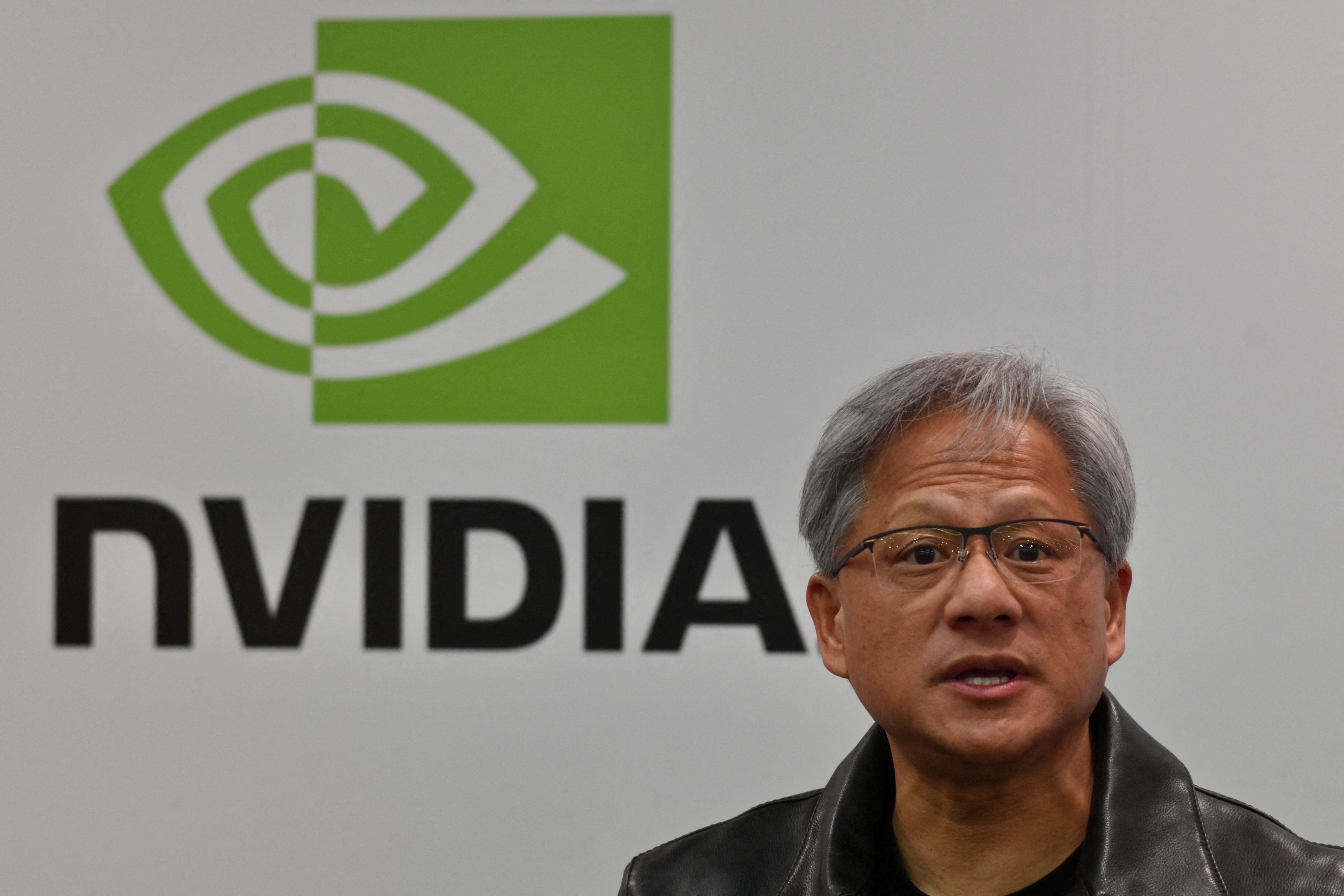
Key Takeaways
- The rise of the elite tech stocks has left the S&P 500 at its most concentrated in at least the last 100 years, according to Deustche Bank analysts, posing risks and spillovers for other assets.
- Among fund managers surveyed by Bank of America, 61% said that “Long Magnificent Seven” is currently the most-crowded trade.
- Lofty valuations could liken the current tech stock euphoria to the Dotcom bubble of 1999-2000, but the situation today is vastly different.
Investors have been piling into the ‘ Magnificent Seven ‘ stocks—an elite group of some of the biggest technology companies—driving stocks to sky-high valuations, and major indexes to record highs, on expectations that artificial intelligence (AI) -related business growth will support continued gains.
However, the surge in investor interest in ‘Mag 7’ members Alphabet ( GOOGL ; GOOG), Amazon ( AMZN ), Apple ( AAPL ), Meta Platforms ( META ), Microsoft ( MSFT ), Nvidia ( NVDA ), and Tesla ( TSLA ) is not without risk.
“The Mag 7’s rise has left the S&P 500 at around its most concentrated in at least the last 100 years. Perhaps not since the bubble of 1929 have so few stocks had such high weightings to the overall market” Deutsche Bank analysts led by Jim Reid wrote in a research note Tuesday. “In turn, their future performance will likely impact the majority of global assets to some, or to a great, degree going forward.”
Deustche Bank
Priced for Perfection?
While the AI boom, network effects and U.S. government incentives could propel the Magnificent Seven stocks further, analysts at Deutsche Bank cited heightened regulatory and public scrutiny of big tech companies and AI in general, as well as geopolitical factors, as potential headwinds.
“In addition, no-one quite knows how AI will pan out and who will win,” Deutsche Bank said in the report. “Tech changes rapidly over time. Current high valuations assume Mag 7 will always win.”
For now, that seems to be the prevailing wisdom. According to Bank of America’s latest Global Fund Manager Survey, also released Tuesday, 61% of fund managers believe that “ Long Magnificent Seven” is currently the most-crowded trade, with “ Short China equities” coming in next at 25%. The survey showed that allocation to tech stocks is at its highest level since August 2020.
Unlike the Dotcom Bubble
Lofty valuations could liken the current tech stock euphoria to the Dotcom bubble of 1999-2000, according to the Man Institute, but the situation today is vastly different.
“The market is not rewarding just any unproven business models like it did during the tech bubble, this rally is driven by proven business models generating billions of additional free cash flow dollars,” the institute wrote in a note Tuesday. “With substantial capital expenditure and an acceleration in Artificial Intelligence (AI) algorithms, there is enough momentum suggesting a robust foundation for current and (possibly even future) valuations to drive real economic growth.”
Shares of all of the Magnificent Seven members fell on Tuesday, in line with a broader market decline prompted by data showing that U.S. inflation in January hadn’t moderated as much as economists expected, which quelled optimism that the Federal Reserve could start cutting interest rates soon.
Nonetheless, shares of each of the group’s members, with the exception of Tesla (down 12%), have posted significant gains over the past year. Nvidia shares have risen the most, tripling over the past year through Tuesday’s close, while Meta has risen 156%. Shares of Amazon are up nearly 70%, while Alphabet and Microsoft have each gained about 50%, and Apple is up about 20%.

